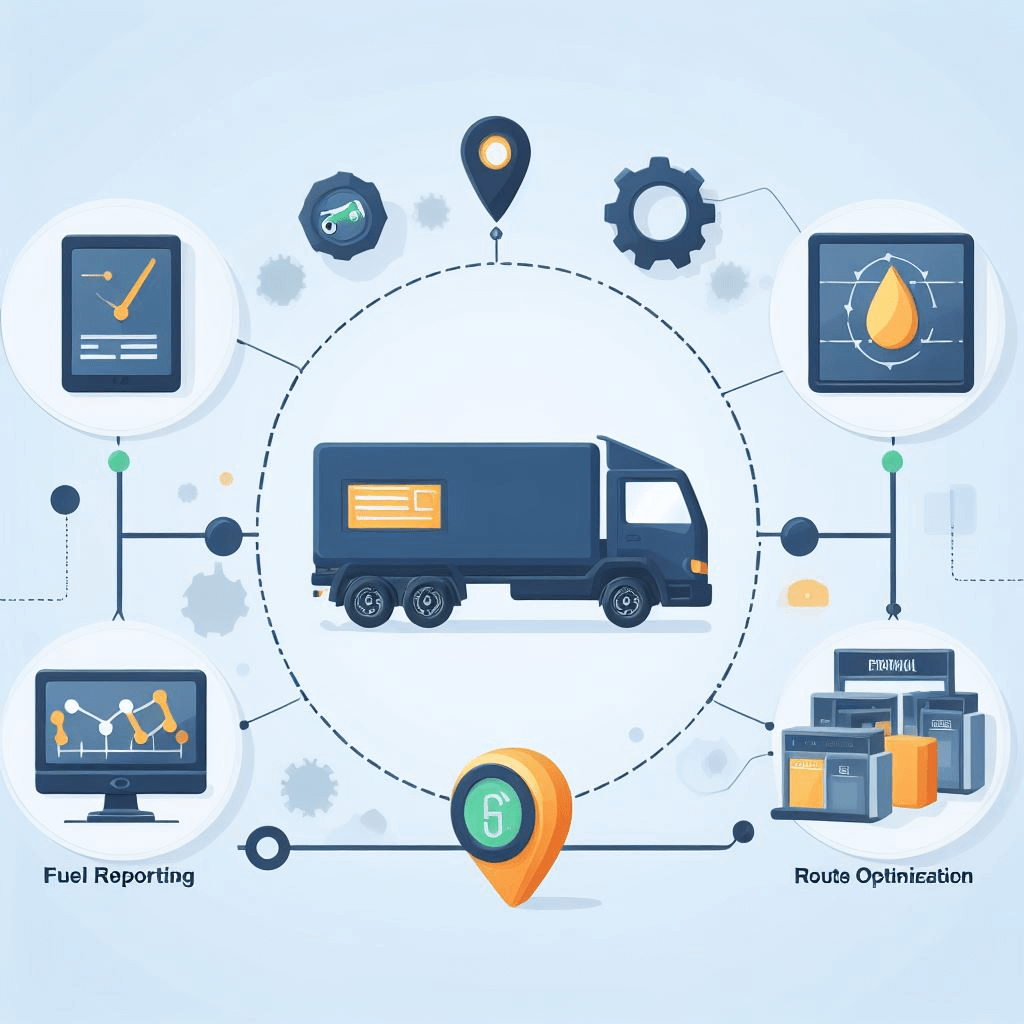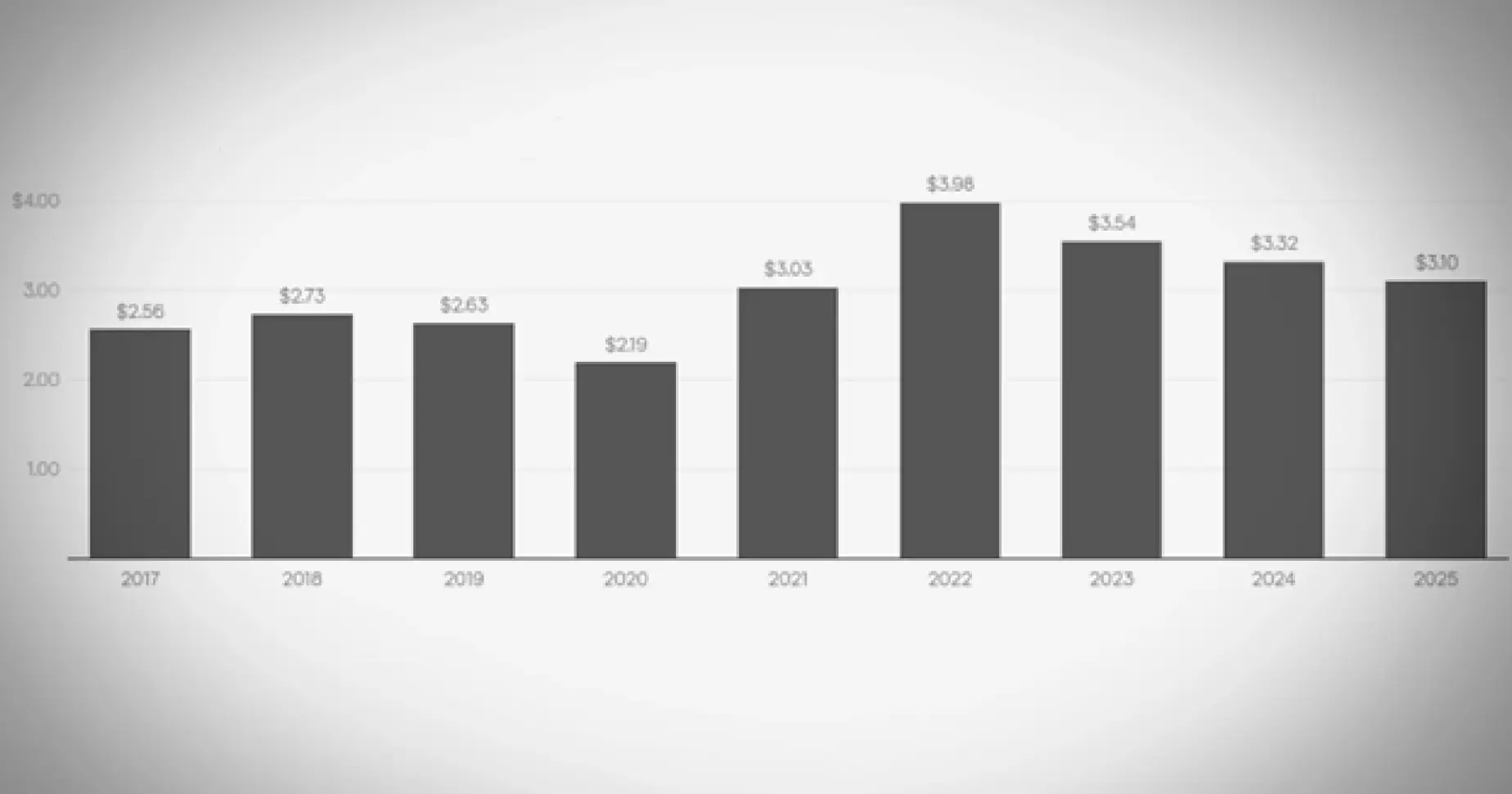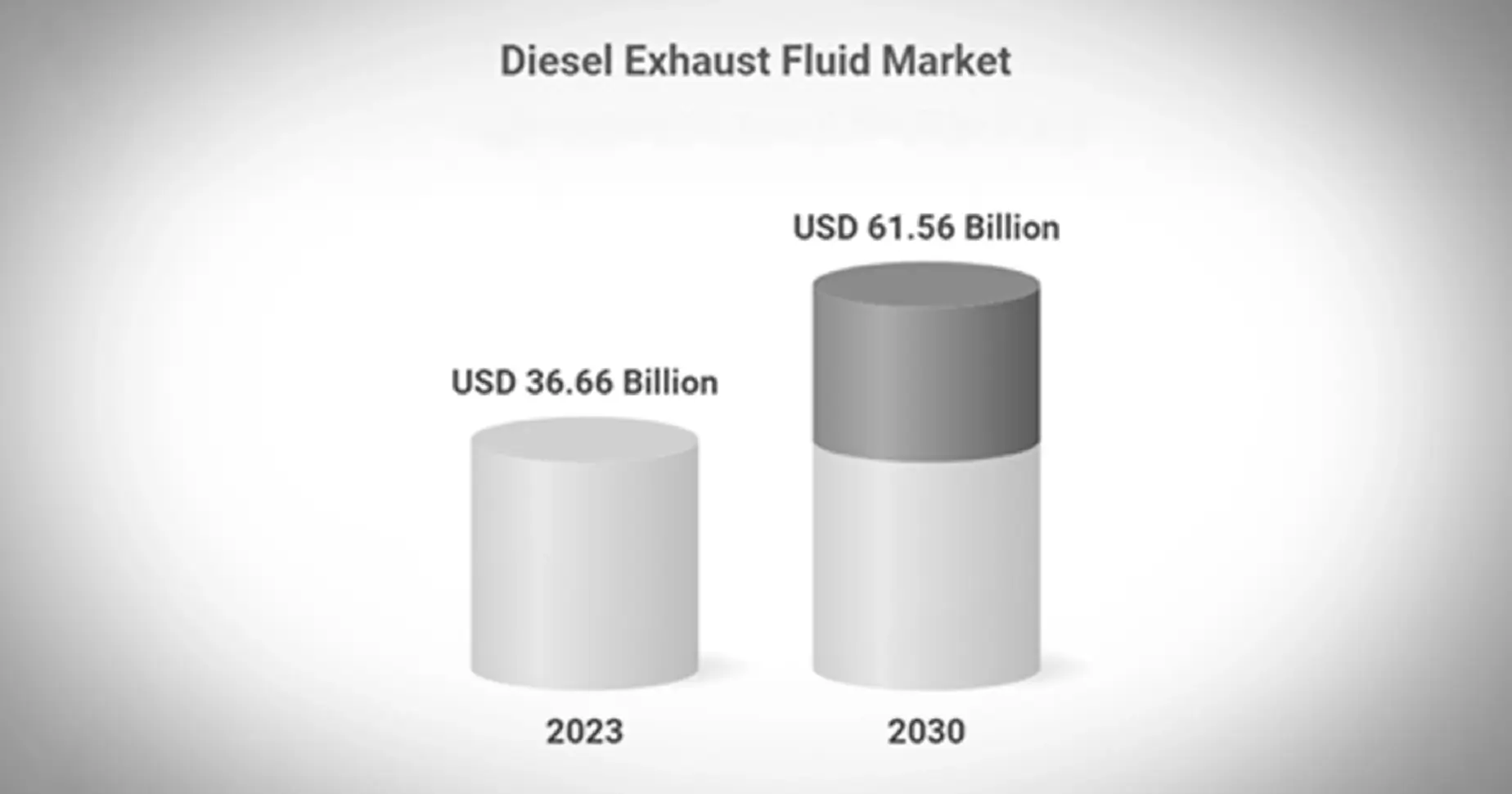Fleet Fuel Management Best Practices: Optimizing Fleet Productivity While Reducing Costs
Managing fuel is essential for businesses operating fleets. A recent study found that 32% of fleets say fuel is their most considerable expense. It indicates that if we don’t keep an eye on fuel costs, it can become a huge problem.

Fleet managers try hard to lower the overall fuel consumption and save money. If they don’t do this well, it can make their business less competitive and productive and even hurt their profits.
Fuel makes up roughly 60% of a fleet’s total operating expenses. Therefore, fleet owners and managers often worry about managing fuel without losing money.
What Is Fleet Fuel Management?

Fleet Fuel Management is like having an innovative plan for your fleet’s fuel. It’s about monitoring how much fuel your vehicles use and ensuring they get the right amount.
Fleet Fuel Management is not just about filling up gas tanks. It is the foundation for monitoring fuel consumption, ensuring proper maintenance, and controlling distribution. Furthermore, fleet fueling management systems ensure your vehicles stay on the road, your operations remain cost-effective, and your business stays ahead.
So, embracing reliable fleet fuel management solutions is crucial to elevating and ensuring the uninterrupted flow of your business operations.
Importance Of Fleet Fuel Management
Fleet fueling management system offers a wide range of advantages that go beyond just tracking fuel usage. It is a game-changer for fleet managers, primarily for its cost-cutting capabilities. In 2022, fuel prices skyrocketed globally due to supply issues and changing oil prices. It became crucial for fleet managers to control costs.
The global fuel energy price index, starting at 100 in 2016, shot up to 174.98 in July 2023. This six-fold increase since 2020 is tied to ongoing energy supply problems worsened by the Russia-Ukraine conflict.
Besides minimizing operational expenses, fleet fuel management offers a comprehensive transportation view for smooth fleet operations. Here’s a breakdown of why it’s important:
- Efficient fuel management saves money and optimizes fuel usage.
- Prevents fuel theft and monitors consumption.
- Increases profit margins by eliminating discrepancy.
- Automated systems provide real-time reports for swift corrective actions.
- Improves delivery services by reducing wasteful fuel consumption.
Hence, embracing fuel management tools is a strategic move to boost efficiency, productivity, and profits while keeping an eye on the environment and your business’s overall well-being.
What Does a Fuel Management System Do?
A fuel management system is a tool that oversees fuel usage and expenses in a fleet, using telematics (hardware and software) for real-time tracking.
How Does it Work?

Fleet fuel management system optimizes fleet efficiency by monitoring fuel usage and ensuring proper maintenance.
The automated fleet fueling, and data tracking system provides fleet managers with valuable insights into route optimization, fuel card integration, and workflow automation. Moreover, it helps manage fuel purchases, classify transactions, and notify about vehicle refills for prompt issue resolution.
Best Practices in Fleet Fuel Management
Fuel management is critical in fleet operations, influencing vehicle efficiency. For fleet managers, the significant portion of operational costs allocated to fuel is a familiar challenge.
However, don’t fret. We have got your back.
We are providing you with top-notch fleet fuel management practices that you can implement to optimize your fuel consumption and boost your fleet’s sustainability.
So, let’s discuss these best practices step by step:
1. Know and Understand Your Fleet

It involves a comprehensive understanding of your entire fleet, including your vehicles, drivers, customers, processes, spending, and regulations. Ask yourself some critical questions to master fleet fuel management:
- Do you buy fuel in bulk or just at the gas station?
- What types of vehicles work best for your business?
- Where and how do your fleet vehicles usually drive?
Since every fleet is different, the secret to saving money on fuel is understanding what you are doing now and finding ways to do it even better. Being a fleet or transport manager is more than just following the best practices in fleet fuel management. It’s about customizing your approach to suit the unique aspects of your fleet.
2. Conduct Driver Training
Your drivers play a significant role in how much fuel your fleet uses. Speeding, sudden gear changes, and hard braking can cause vehicles to consume more fuel. Teaching your drivers clever driving tricks is an excellent way to save fuel costs.
The drivers must be trained to drive at a steady speed, accelerate or brake smoothly, and use cruise control features. Also, teach drivers to turn off the engine when not moving and keep the tires properly inflated.
The U.S. Department of Energy says that driving correctly can make your vehicles use about 10% less fuel. Encourage your drivers to drive efficiently, remove extra weight from the vehicles, and reward them for fuel-saving.
3. Plan Optimal Routes
Idling consumes up to 0.5 gallons of fuel per hour, wasting more than restarting the engine and causing potential damage and maintenance costs over time. So, you must plan optimal routes and choose the quickest and safest ways to avoid traffic and roadwork headaches.
Above all, leveraging telematics or GPS tracking enables you to find the shortest routes for drivers, steering clear of extra stops or traffic jams. A GPS tracker is helpful as it offers vehicle surveillance and helps dodge traffic jams and road blockage.
4. Schedule Regular Fleet Maintenance

Fleet managers must also follow a regular fleet maintenance schedule and conduct a health check to ensure their vehicles run their best. Doing so will prevent breakdowns and accidents, saving fuel and repair costs.
Regular fleet maintenance is crucial as it helps keep engines in top shape. You can follow these key maintenance steps to keep your fleet well-maintained and roadworthy:
- Inspect oil levels consistently to ensure your engine is well-lubricated.
- Regularly check and maintain fluid levels to prevent heating and prolong the vehicle’s safety and performance.
- Regularly check and adjust wheel alignment to extend tire life and avoid uneven wear.
- Check tire inflation regularly to ensure your tires have the correct pressure for maximum performance.
- Regularly inspect air filters to guarantee optimal engine performance.
- Examine the fuel filters daily and maintain optimum fuel system health by cleaning or replacing them when needed.
5. Consider Fuel Purchasing Options
Choosing how you buy fuel can make a big difference in saving costs for your fleet. Whether you purchase fuel in bulk at wholesale prices or use fuel cards, make sure to pick the right purchasing option. Review your purchasing options to make sure you get the best deal.
Fuel costs are an ongoing challenge that fluctuates depending on the market demands. Recent trends indicate a rising market, with gasoline prices hitting over $3.55 a gallon in November 2023. The outlook suggests a continued surge in demand for fossil fuels throughout the rest of 2023 and beyond.
In the face of these predictions, using a fleet fuel card is a smart strategy to optimize fuel savings. Fuel cards can be integrated with fleet management software for comprehensive management capabilities.
Here’s the deal.
Fueling options go beyond just gas stations. Don’t restrict yourself to merely gas stations for fueling. Try our fuel delivery services to enjoy excellent opportunities like mobile fleet fueling and on-site fueling. We serve you with the best fuel delivery services so your fleet gets fueled up without always going to gas stations.
Need Help Managing Your Fuel? Fuel Logic Is Ready to Assist!
At Fuel Logic, we understand fuel’s central role in running your operations smoothly. As one of the leading fuel delivery companies, we specialize in various services designed to cater to your specific needs.
Our fuel management services are geared towards optimizing your operations, ensuring efficiency and cost-effectiveness. With mobile fleet fueling, we bring the fuel station to you, offering unparalleled convenience for your on-the-go fleet.
Our on-site fuel delivery service eliminates the hassle of frequent trips to gas stations, providing flexibility and efficiency for your operations. Our bulk fuel delivery service ensures a reliable and steady fuel supply for businesses with higher fuel demands.
Moreover, our fuel card program simplifies transactions and facilitates efficient cost management. Fuel Logic serves more than just offering fuel delivery services. We are a dedicated partner committed to supporting your operations and contributing to your business’s success.
Visit our Contact Us page for personalized assistance and to discuss your unique fueling requirements. Order fuel now to enjoy our swift and reliable fuel delivery services.





